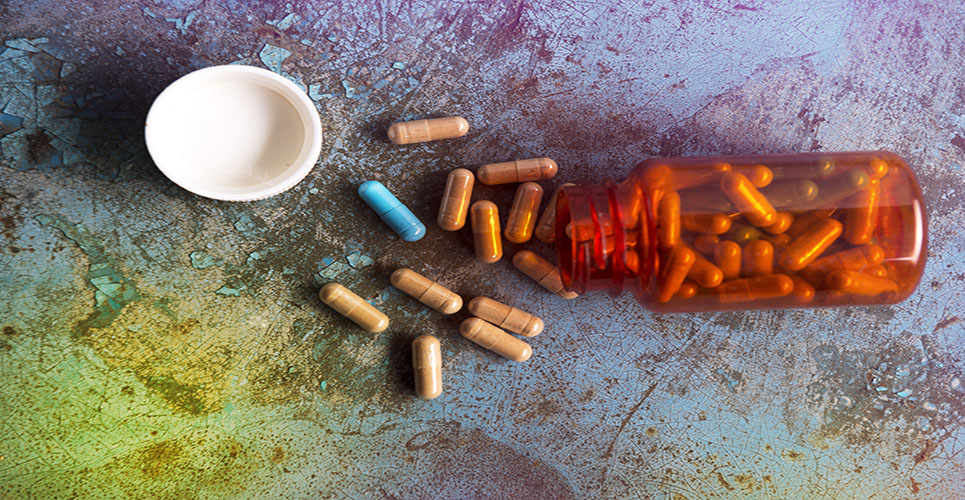Proactive measures to protect against serious adverse drug reactions (ADRs) followed by a proactive pharmacovigilance programme were more comprehensive than those followed by the FDA and drug manufacturers, a study has found.
However, the investigation found dissemination of related safety notifications was less timely. The study compared measures followed by the FDA and manufacturers against the Research on Adverse Drug events And Reports (RADAR) programme.
The completeness of serious ADR descriptions in the FDA and RADAR databases and the comprehensiveness of notifications disseminated by drug manufacturers and RADAR investigators were compared. A serious ADR was defined as an event that led to death or required intensive therapies to reverse.
The RADAR investigators evaluated 16 serious ADRs. Compared with descriptions of these ADRs in FDA databases (2,296 reports), reports in RADAR databases (472 reports) had a twofold higher rate of inclusion of data on history and physical examination (92% vs 45%; p<0.001) and a ninefold higher rate of inclusion of basic science findings (34% vs 4%; p=0.08).
Safety notifications were disseminated earlier by pharmaceutical suppliers (two vs four years after approval, respectively), although notifications were less likely to include information on incidence (46% vs 93%; p=0.02), outcomes (8% vs 100%; p<0.001), treatment or prophylaxis (25% vs 93%; p<0.001), or references (8% vs 80%; p<0.001).
Arch Intern Med 2007;167:1041-9
